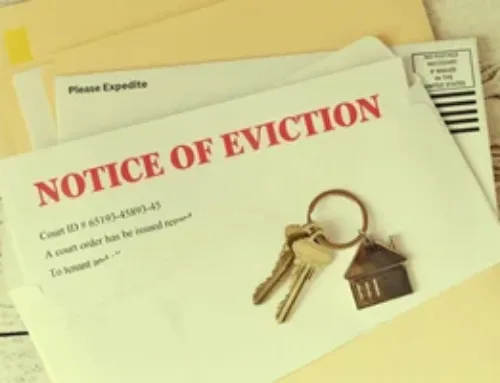The rental market has evolved significantly over the past few years, influenced by economic shifts, technological advancements, and changing societal norms. As we look ahead, it’s essential to consider how rental agreements and eviction processes will continue to transform. This blog explores key trends, potential changes in regulations, and the impact of technology on rental agreements and evictions. Contact Us for More Info.
Trends Shaping the Future of Rental Agreements
1. Increased Use of Technology
The use of technology in property management is on the rise. Online platforms for managing rental agreements, applications, and payments are becoming commonplace. Landlords can use property management software to streamline the leasing process, making it more efficient and transparent. Tenants can sign agreements electronically, pay rent online, and communicate with landlords through apps.
2. Flexibility in Rental Agreements
With the rise of remote work and a more mobile society, flexibility in rental agreements is becoming more critical. Short-term leases, month-to-month agreements, and furnished rentals are increasingly popular. This flexibility allows tenants to adapt to changing life circumstances without being locked into long-term commitments.
3. Enhanced Tenant Rights
Many jurisdictions are shifting towards stronger tenant protections, leading to changes in rental agreements and eviction processes. This includes stricter regulations on eviction procedures, caps on rent increases, and enhanced tenant rights regarding repairs and maintenance. As awareness of housing rights grows, landlords may need to adopt more equitable practices in their agreements.
4. Sustainability and Green Leasing
As environmental concerns grow, many landlords are adopting sustainable practices and integrating them into rental agreements. This includes promoting energy-efficient appliances, offering incentives for eco-friendly practices, and even incorporating green spaces into properties. Future agreements may include clauses that encourage or require sustainable living practices from tenants.
Trends Influencing Eviction Processes
1. Mediation and Conflict Resolution
There is a growing recognition of the importance of mediation in the eviction process. Many jurisdictions are now encouraging or requiring mediation before formal eviction proceedings can begin. This approach aims to resolve disputes amicably, reducing the emotional and financial toll on both landlords and tenants.
2. Legislative Changes
As housing issues gain national attention, many governments are reviewing eviction laws. This includes proposals for more tenant-friendly regulations that limit the grounds for eviction and enhance due process rights for tenants. Landlords may need to adapt their eviction strategies to comply with evolving legal standards.
3. The Impact of Economic Factors
Economic fluctuations can significantly impact the rental market and eviction rates. In times of economic downturn, eviction rates typically rise. Landlords may need to be more proactive in working with tenants facing financial hardship, including offering payment plans or temporary reductions in rent. Understanding economic trends will be crucial for both landlords and tenants in the future.
4. Digital Documentation and Record Keeping
As technology advances, the importance of digital documentation in eviction processes will grow. Landlords will likely rely on electronic records of communications, payments, and lease agreements to substantiate their cases in court. This shift toward digital documentation can streamline the eviction process and reduce disputes over claims.
If you want ABANDONED HOUSES FOR CASH IN SUWANEE you can contact us.
Conclusion
The future of rental agreements and evictions is poised for significant change. With advancements in technology, shifting societal norms, and evolving legal landscapes, both landlords and tenants must remain adaptable and informed. By embracing these changes, they can foster healthier rental relationships and navigate the challenges of the evolving rental market.
FAQs
Q: How will technology impact rental agreements in the future?
A: Technology will streamline the rental process through online platforms for applications, payments, and communication, making it easier for both landlords and tenants to manage their responsibilities.
Q: What are the benefits of flexible rental agreements?
A: Flexible rental agreements allow tenants to adapt to changing life circumstances without being tied down to long-term commitments. This is particularly beneficial in a rapidly changing job market.
Q: How are tenant rights evolving?
A: Many jurisdictions are adopting stronger tenant protections, including regulations on eviction processes, rent increases, and maintenance responsibilities, leading to more equitable rental agreements.
Q: What role does mediation play in evictions?
A: Mediation serves as a means to resolve disputes before formal eviction proceedings, allowing landlords and tenants to come to amicable agreements that can save time and resources.
Q: How can landlords prepare for changes in eviction laws?
A: Landlords should stay informed about local and national housing regulations and consider adopting proactive strategies, such as open communication with tenants and flexible payment options, to mitigate the risk of eviction.
By staying ahead of these trends and preparing for the future, landlords and tenants alike can navigate the complexities of rental agreements and evictions more effectively.











